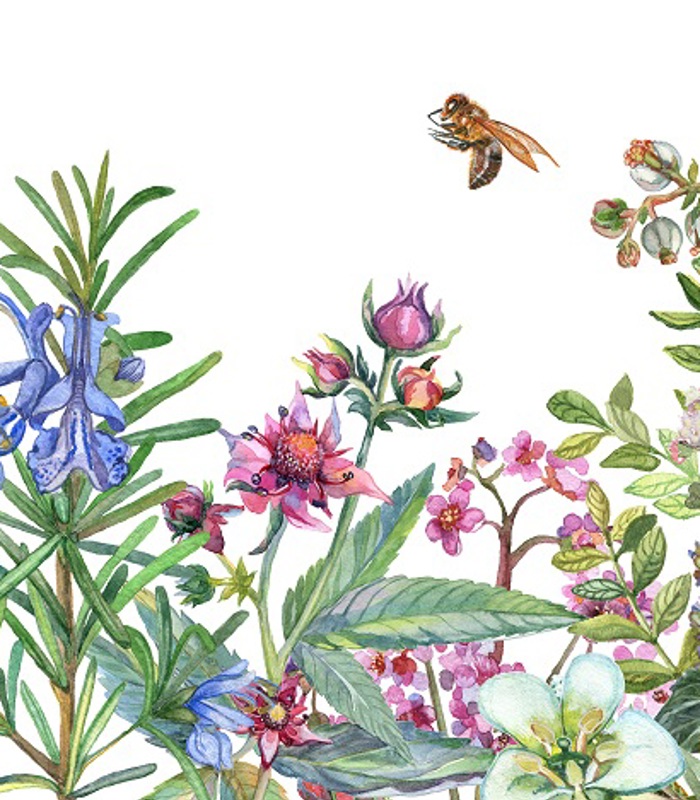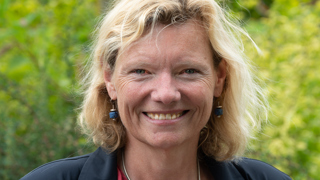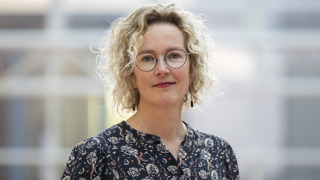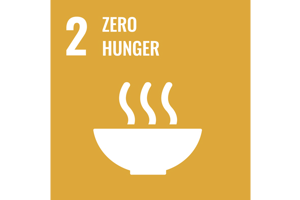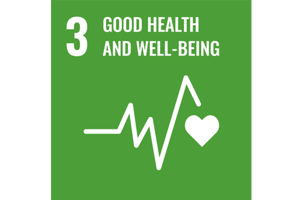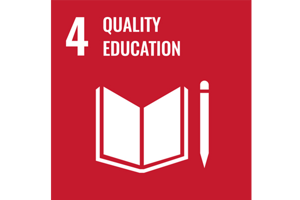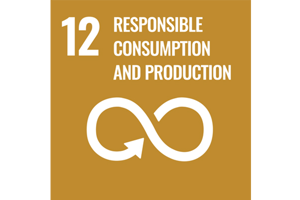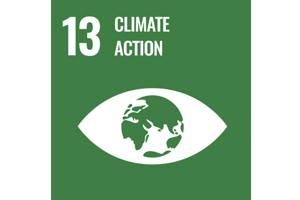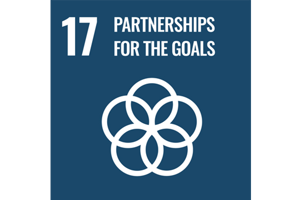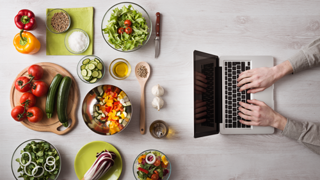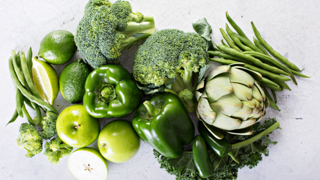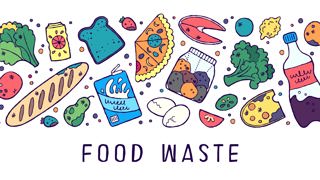
ZERO Food Waste Challenge
The Design Methods in Food professorship is the driving force behind the ZERO Food Waste Challenge with an aim to increase awareness among students in higher education, throughout the Netherlands, about the amount of food needlessly wasted in schools, institutions, and in the food industry. The live kick-off of this years edition took place on September 12, 2023 at 6:45 PM.

